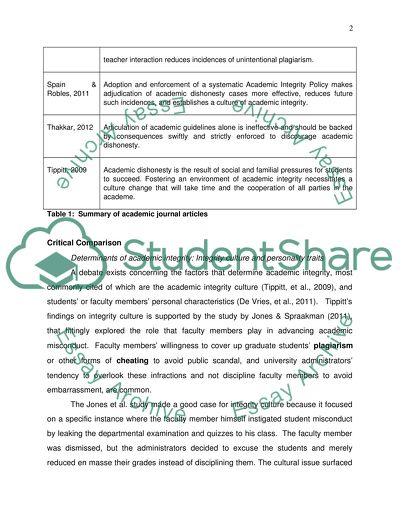Cite this document
(“Critical Literature Review Coursework Example | Topics and Well Written Essays - 1250 words”, n.d.)
Retrieved from https://studentshare.org/information-technology/1465447-critical-literature-review
Retrieved from https://studentshare.org/information-technology/1465447-critical-literature-review
(Critical Literature Review Coursework Example | Topics and Well Written Essays - 1250 Words)
https://studentshare.org/information-technology/1465447-critical-literature-review.
https://studentshare.org/information-technology/1465447-critical-literature-review.
“Critical Literature Review Coursework Example | Topics and Well Written Essays - 1250 Words”, n.d. https://studentshare.org/information-technology/1465447-critical-literature-review.


